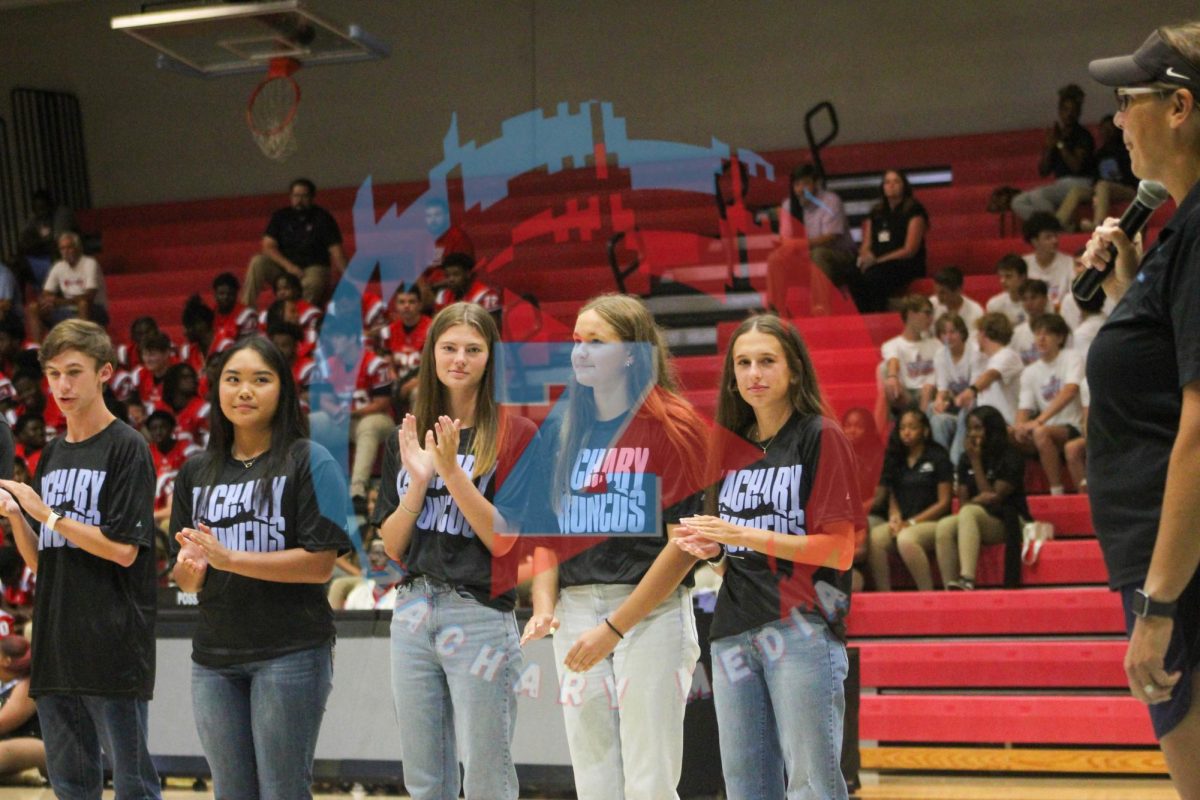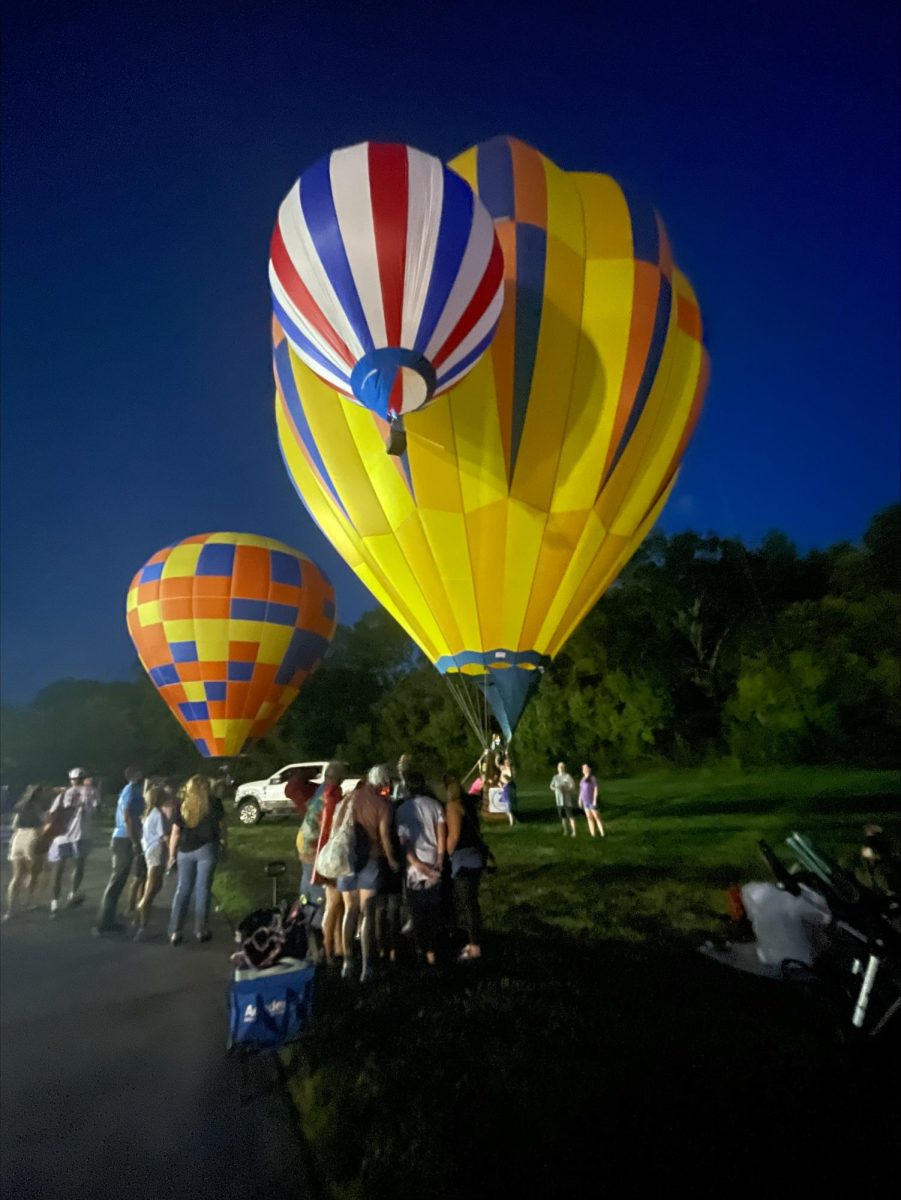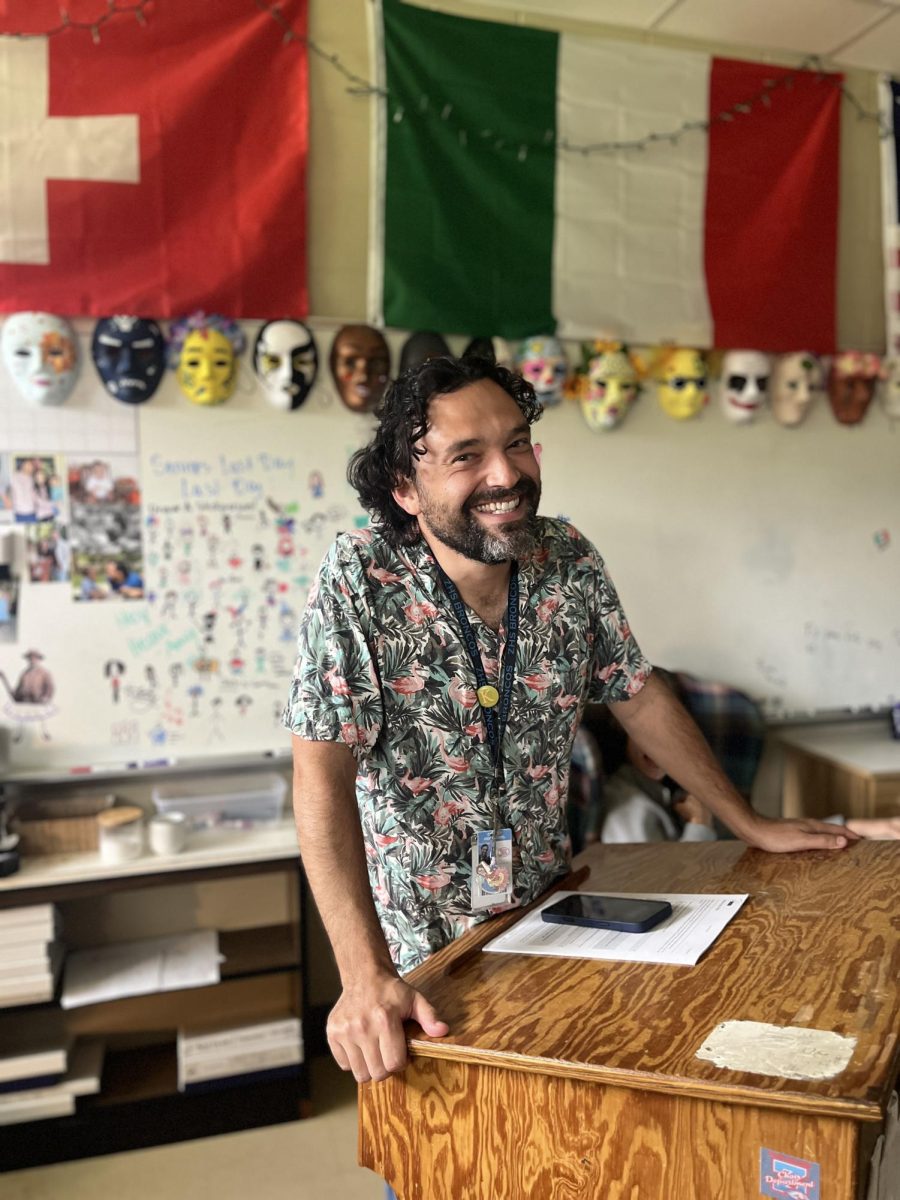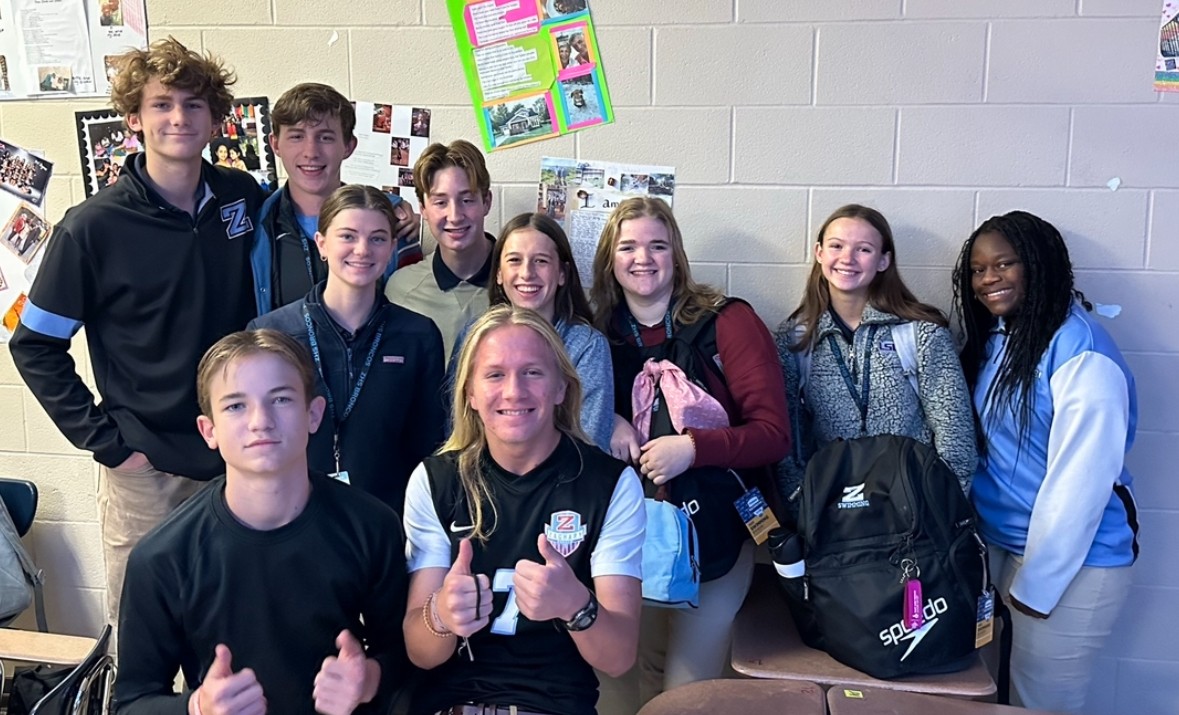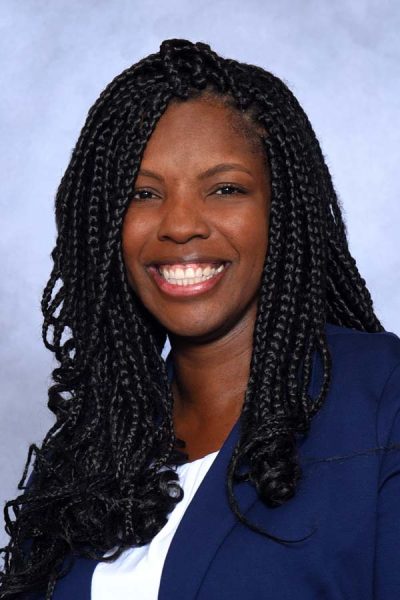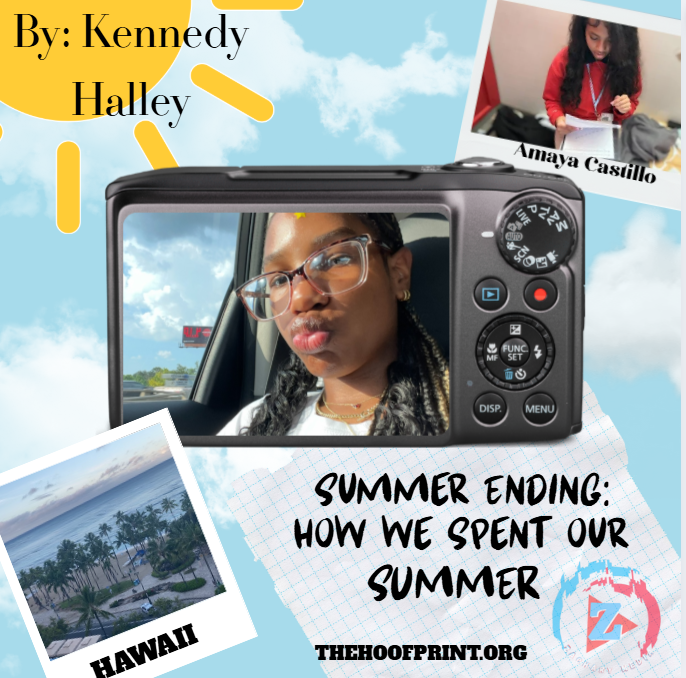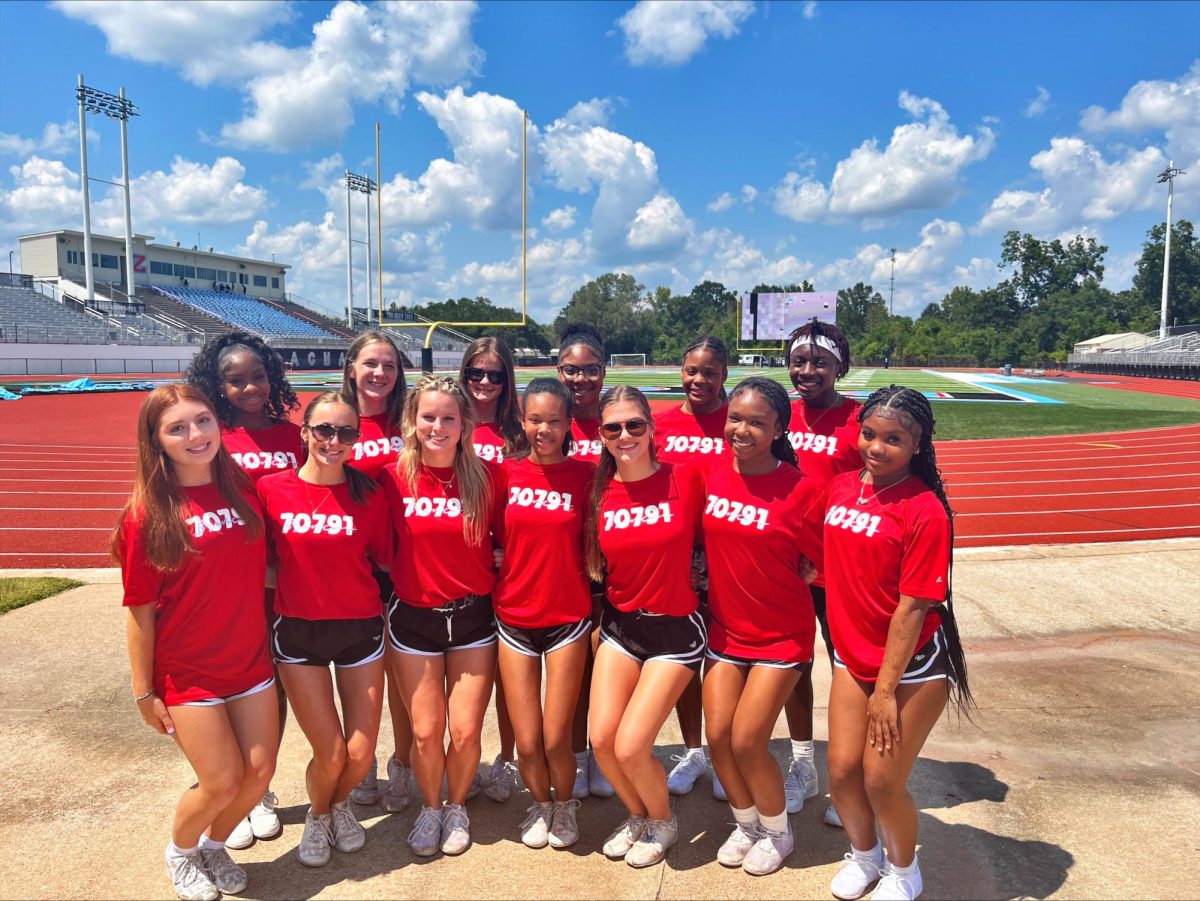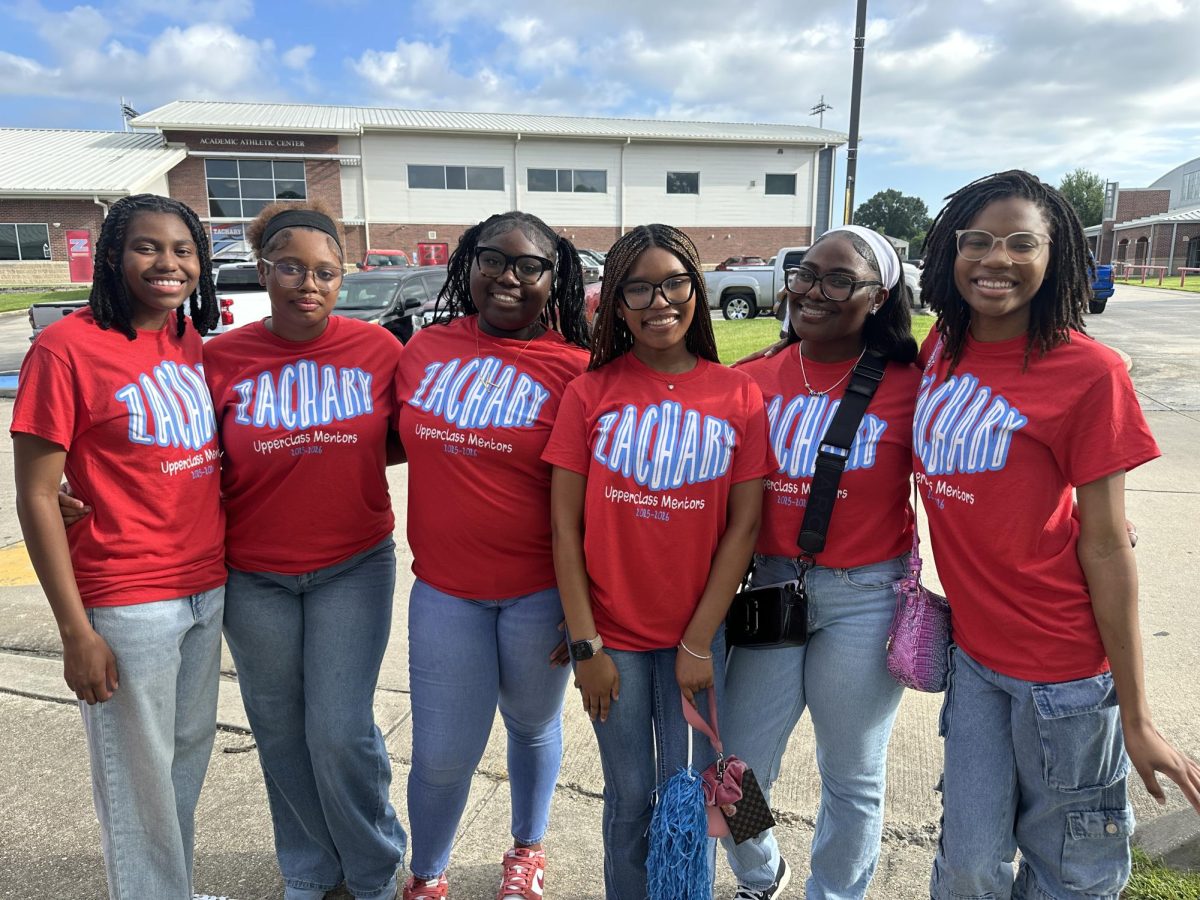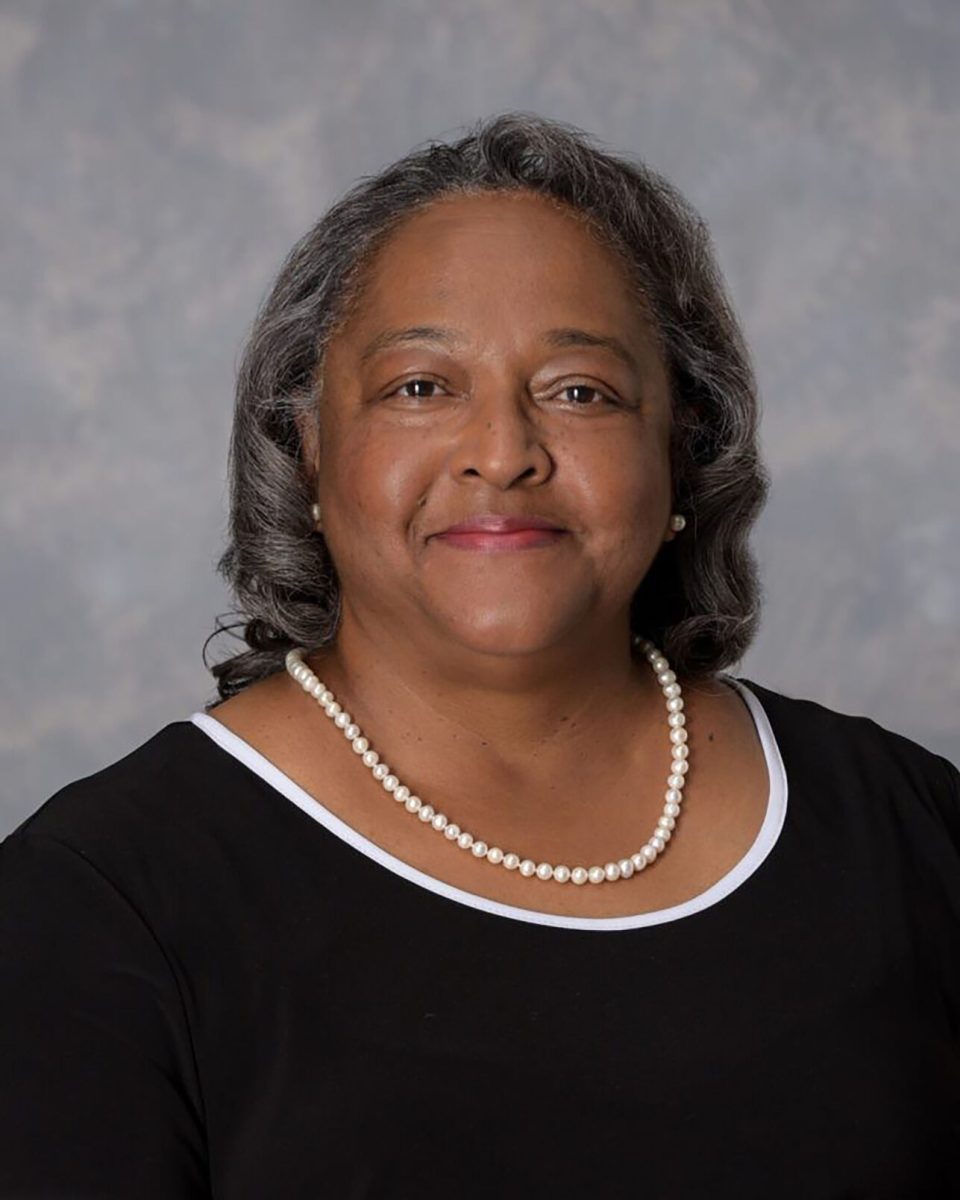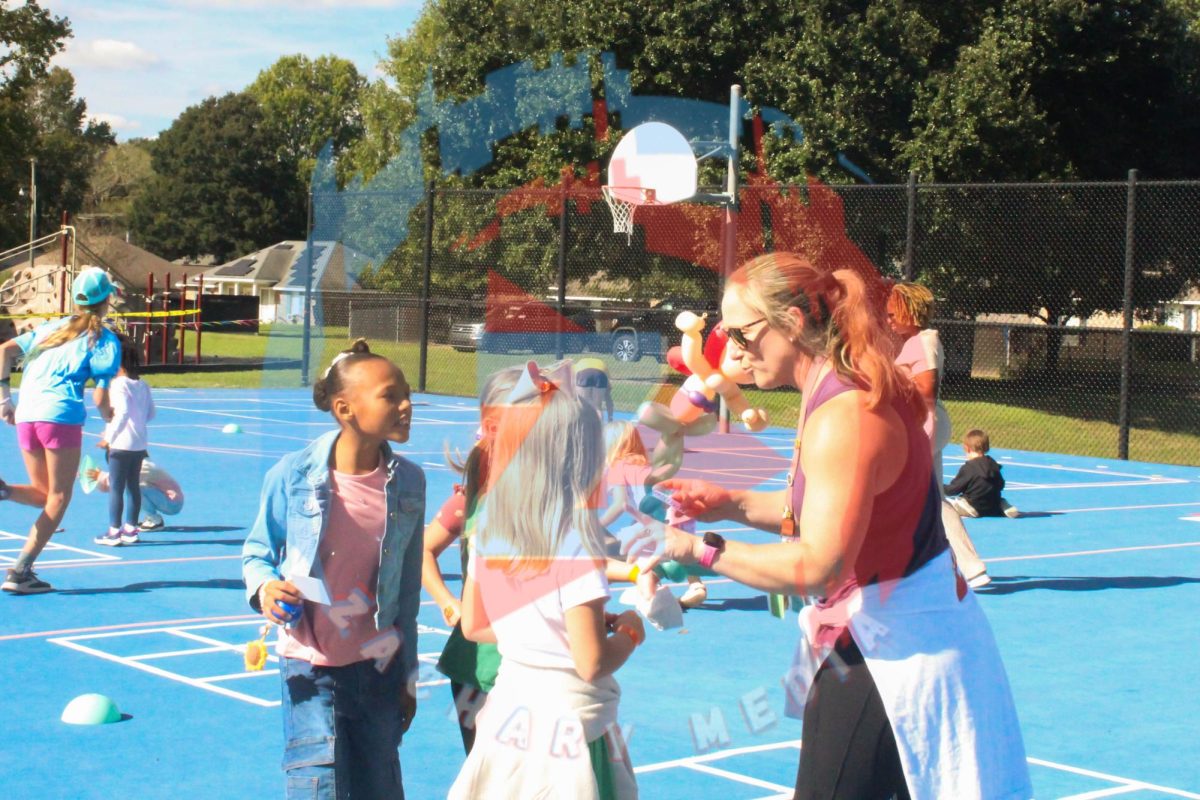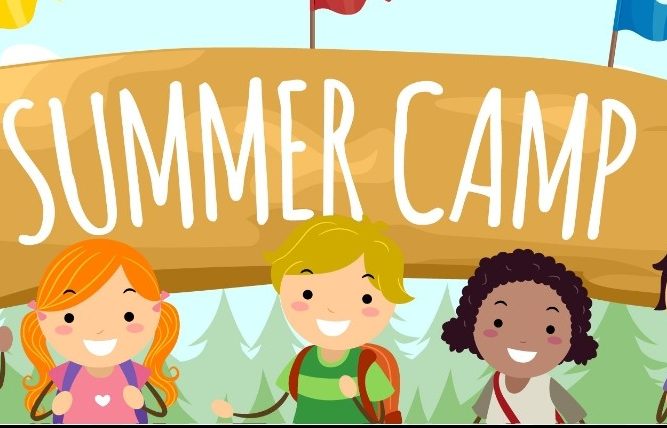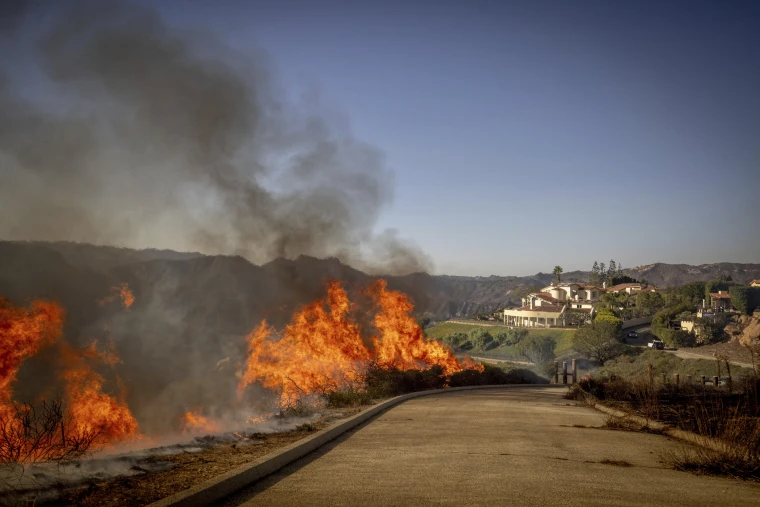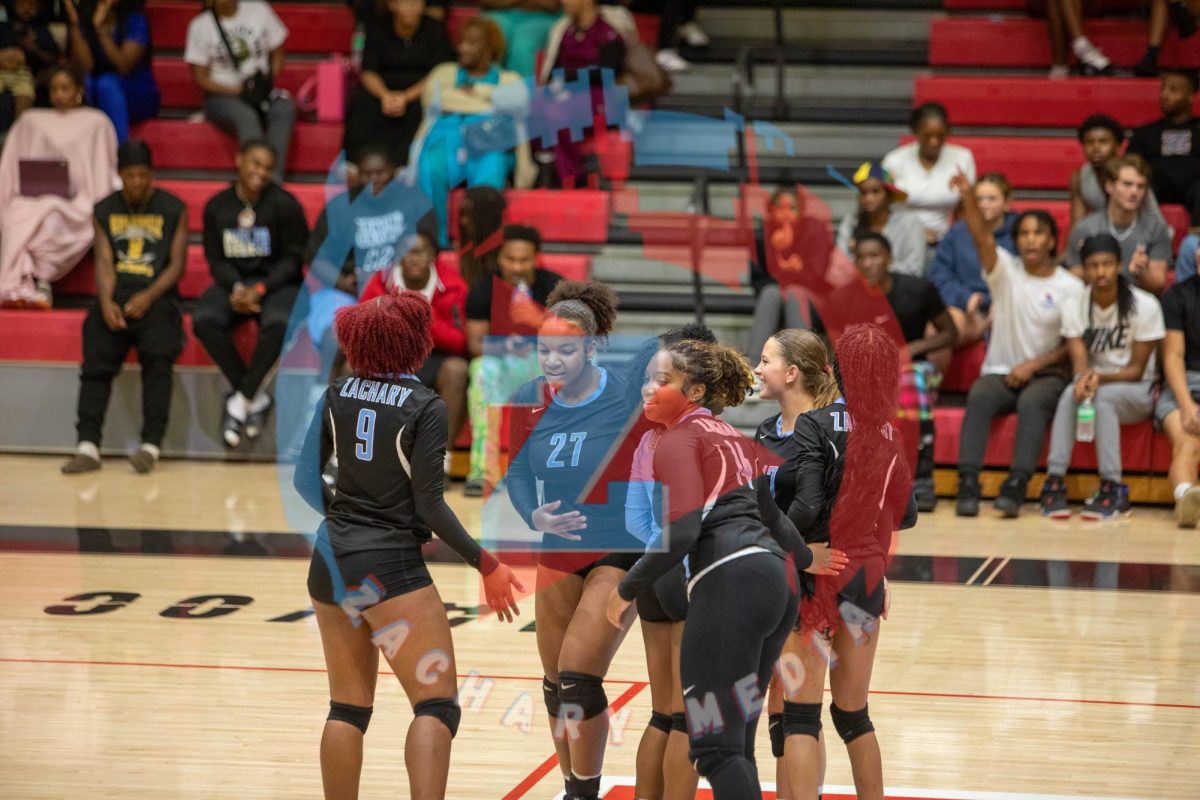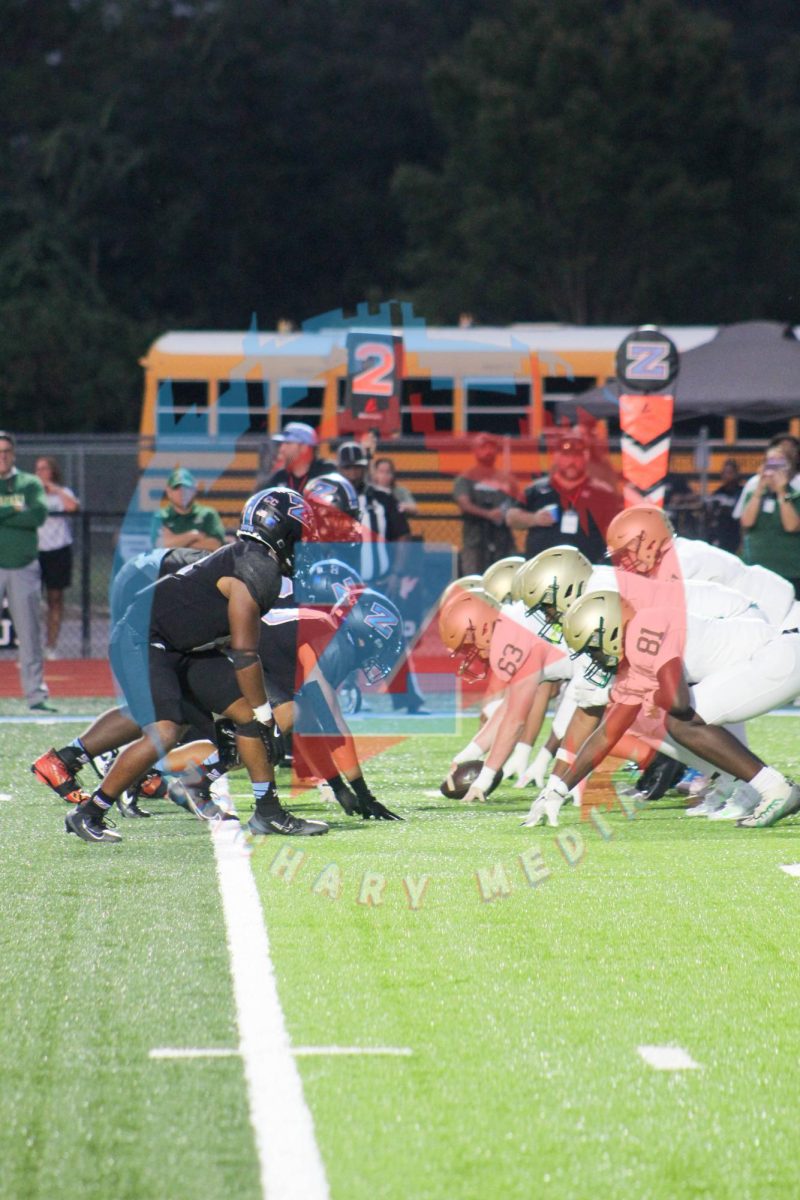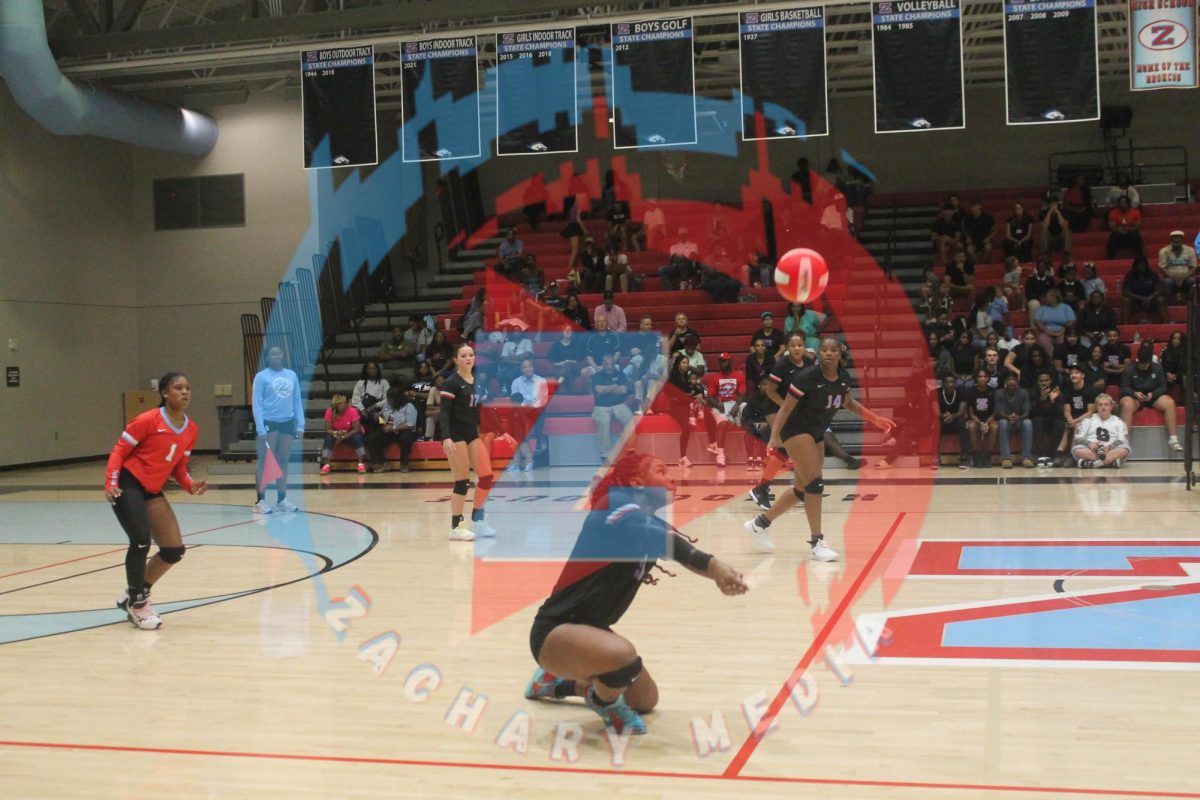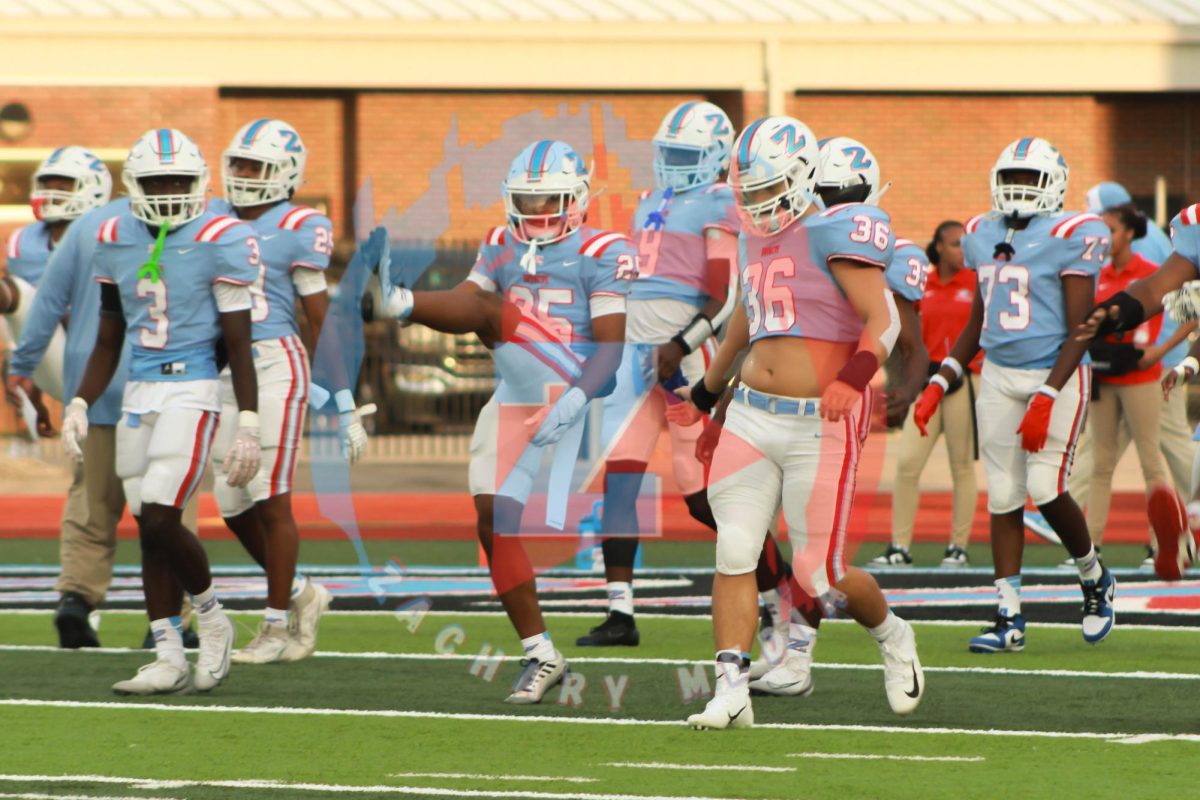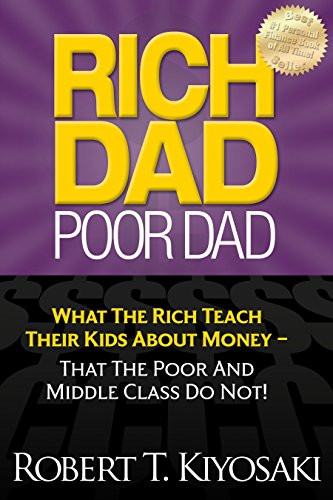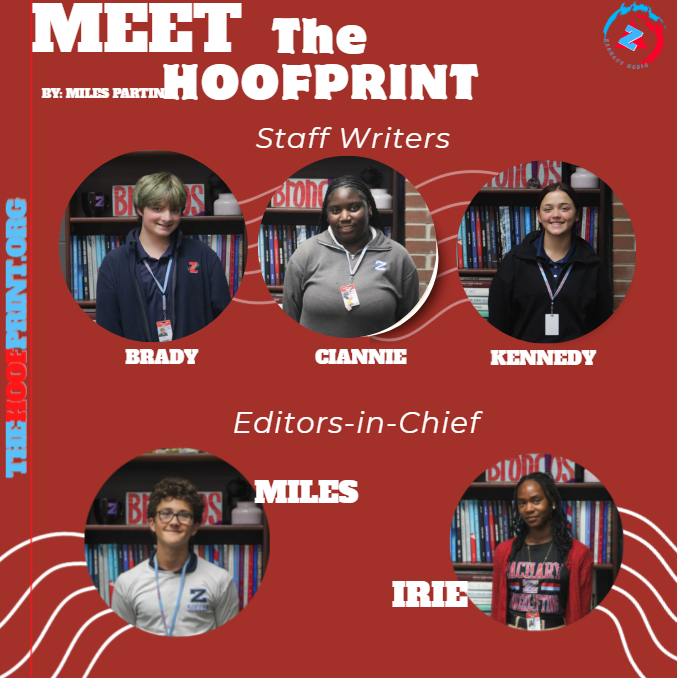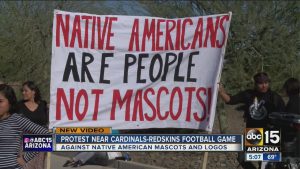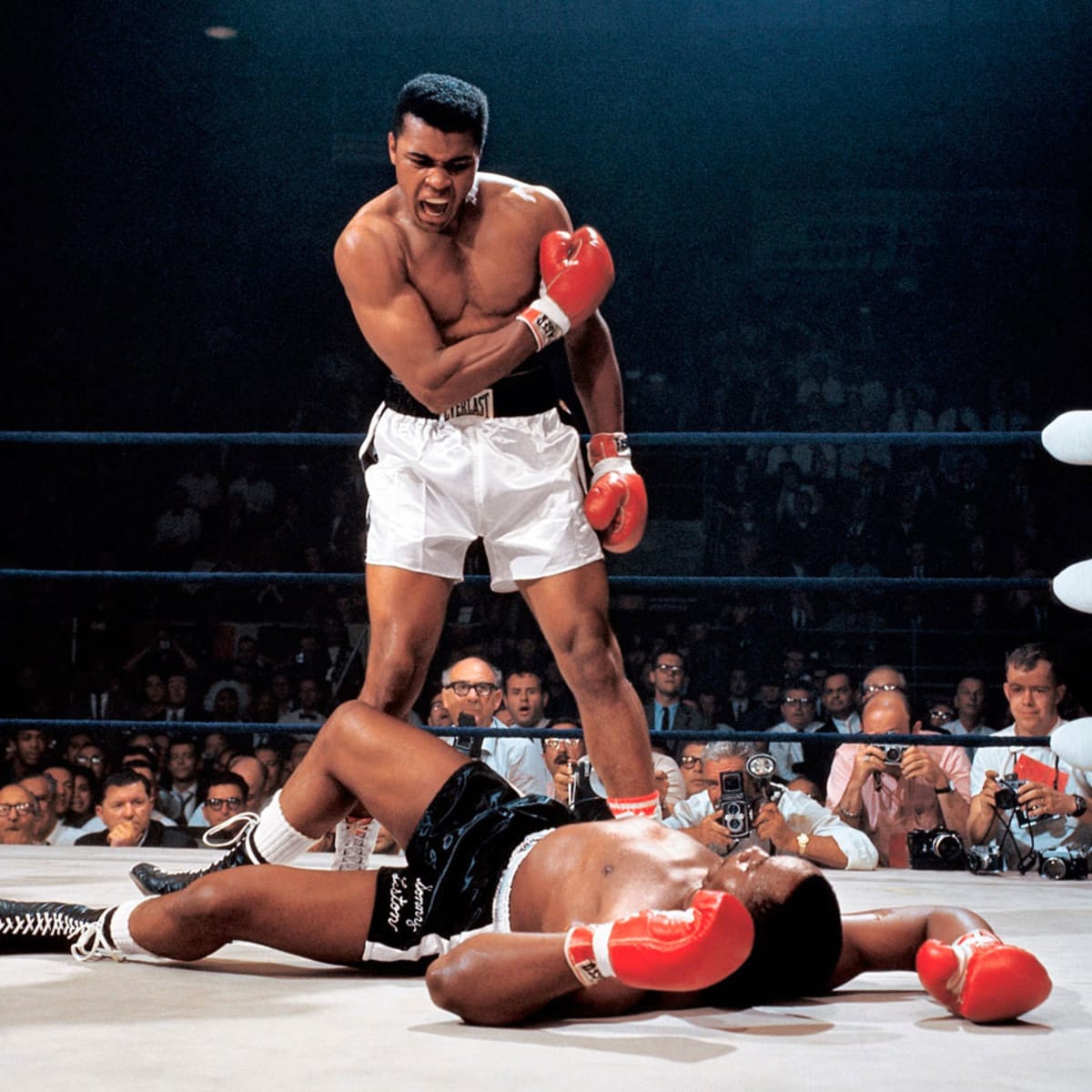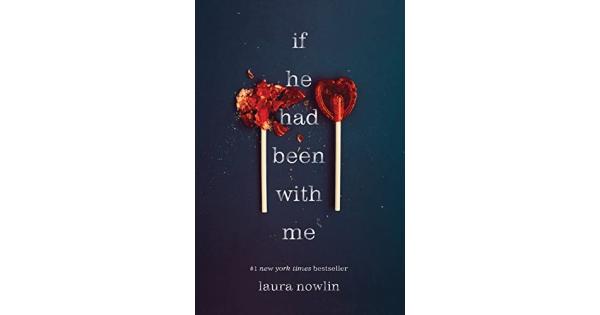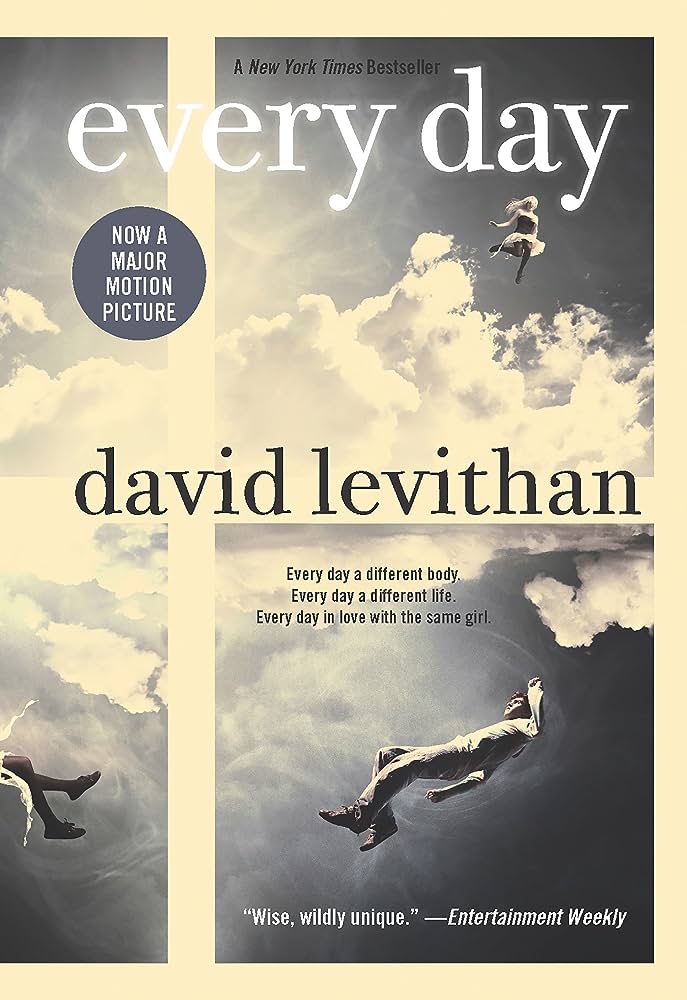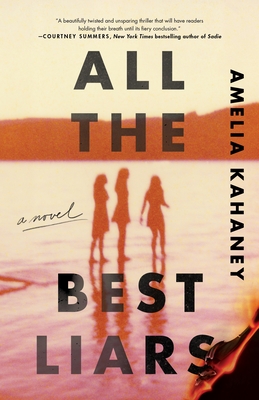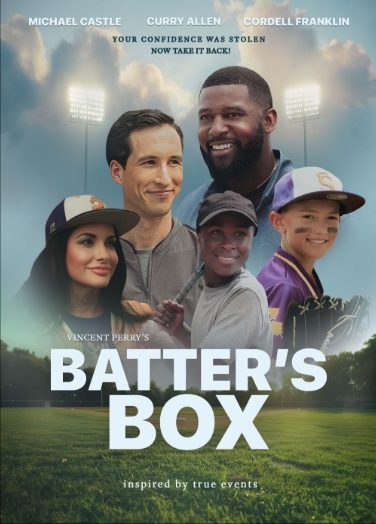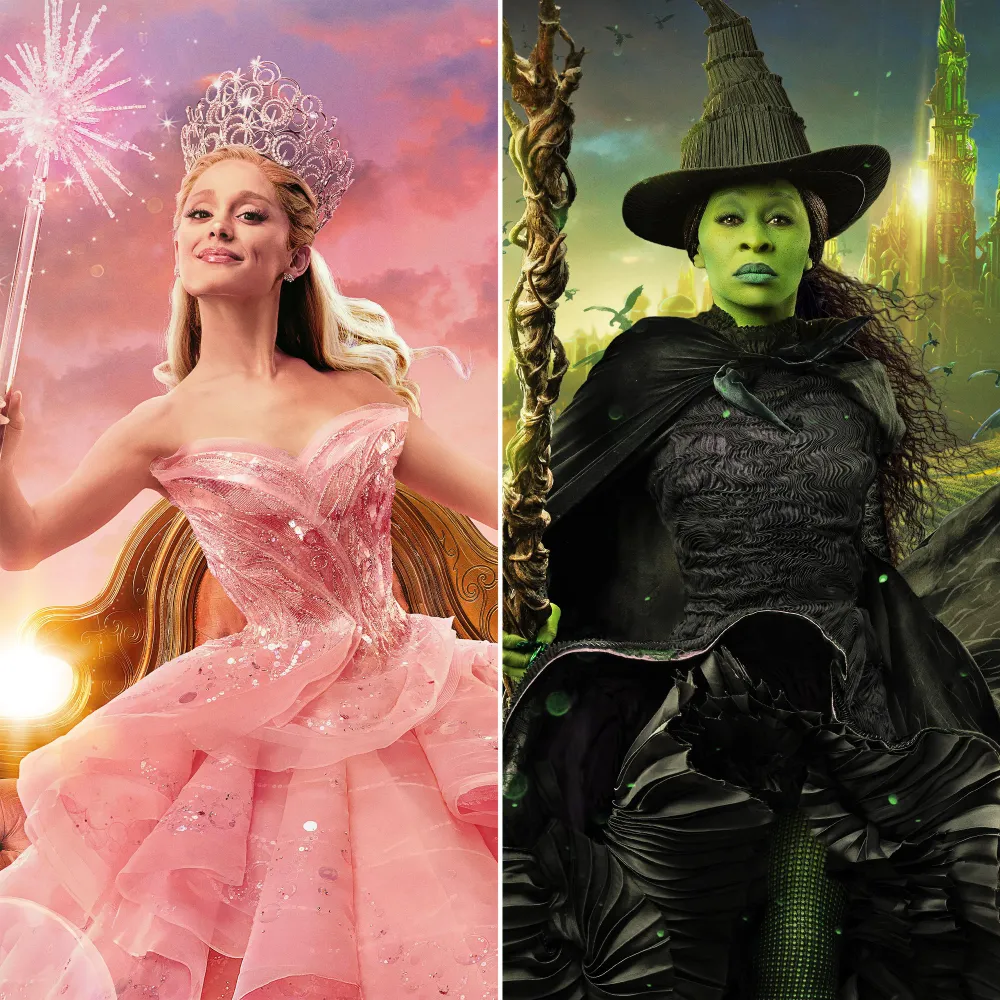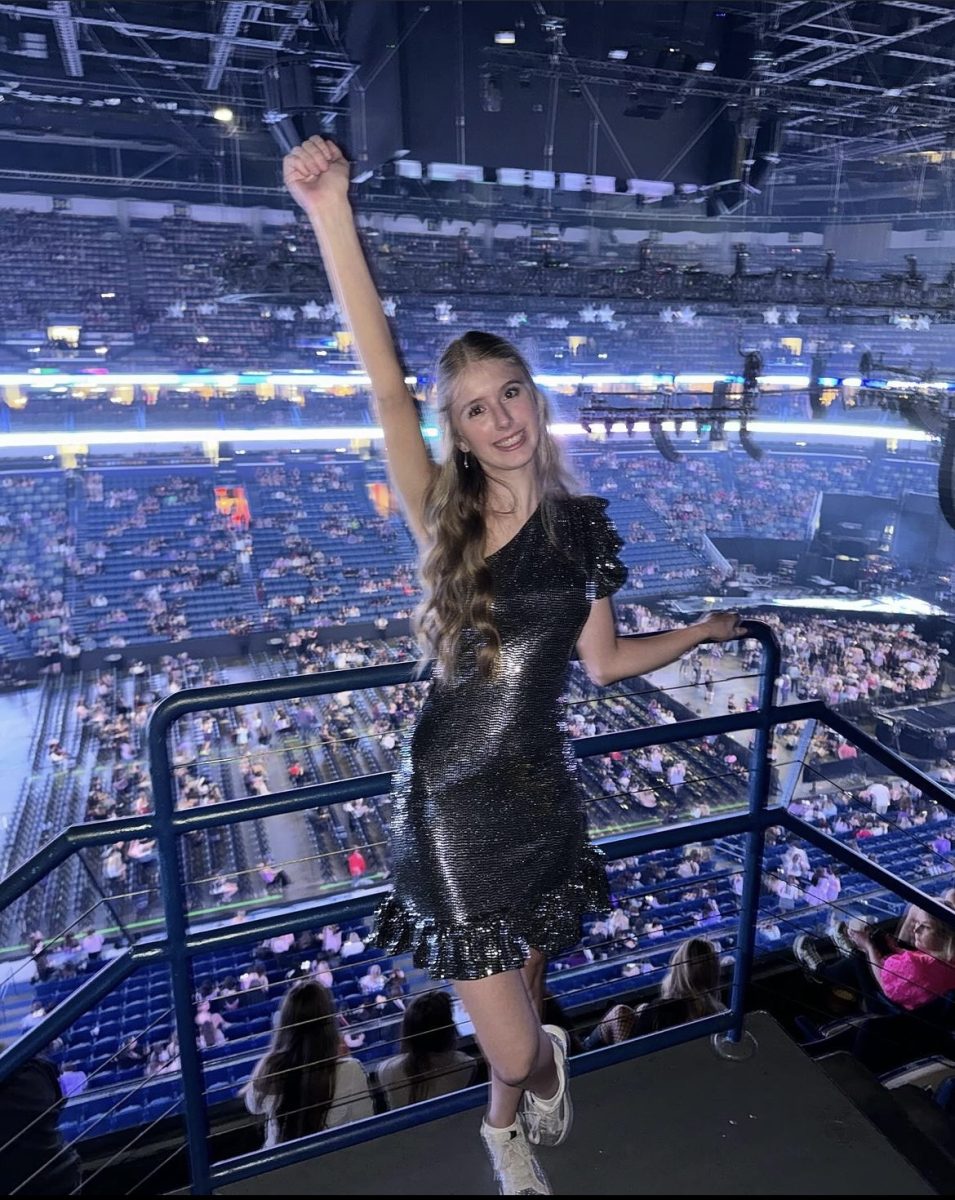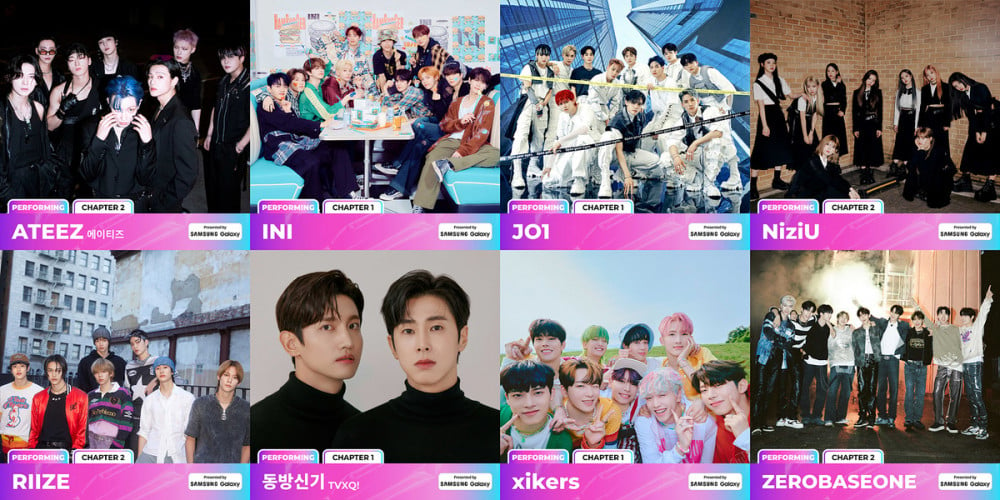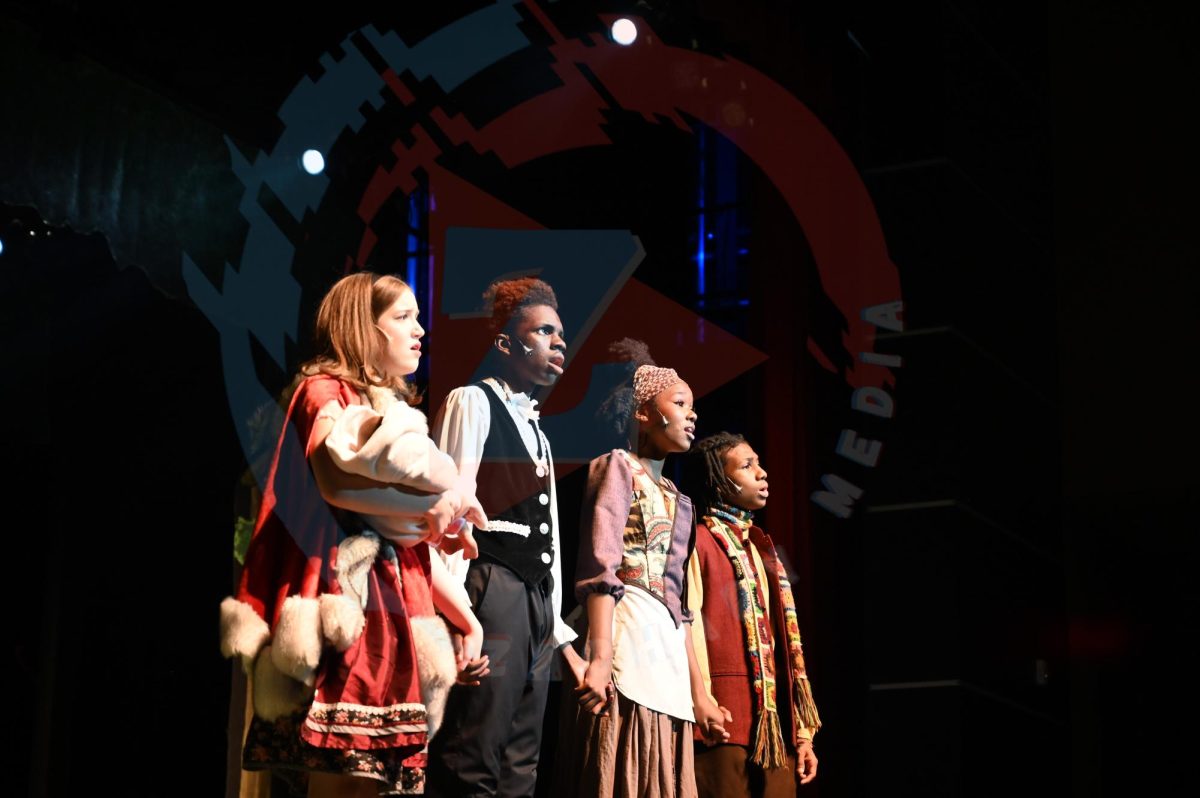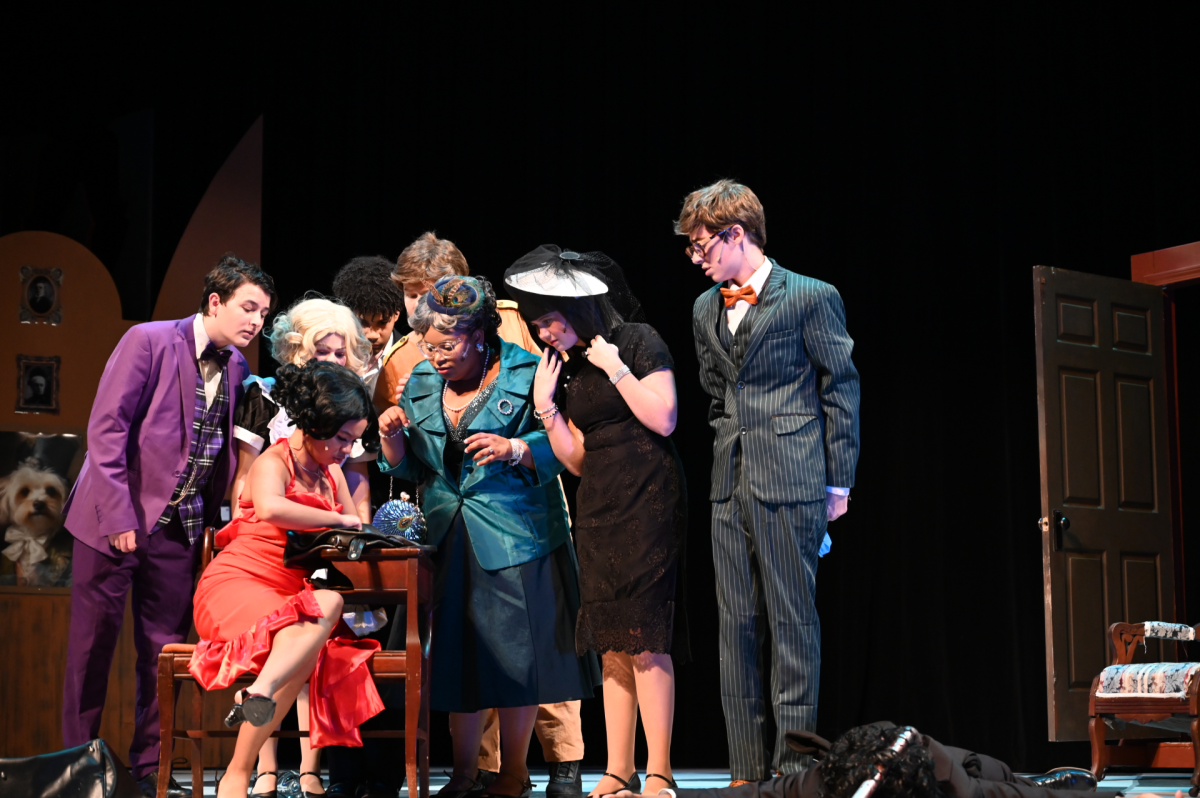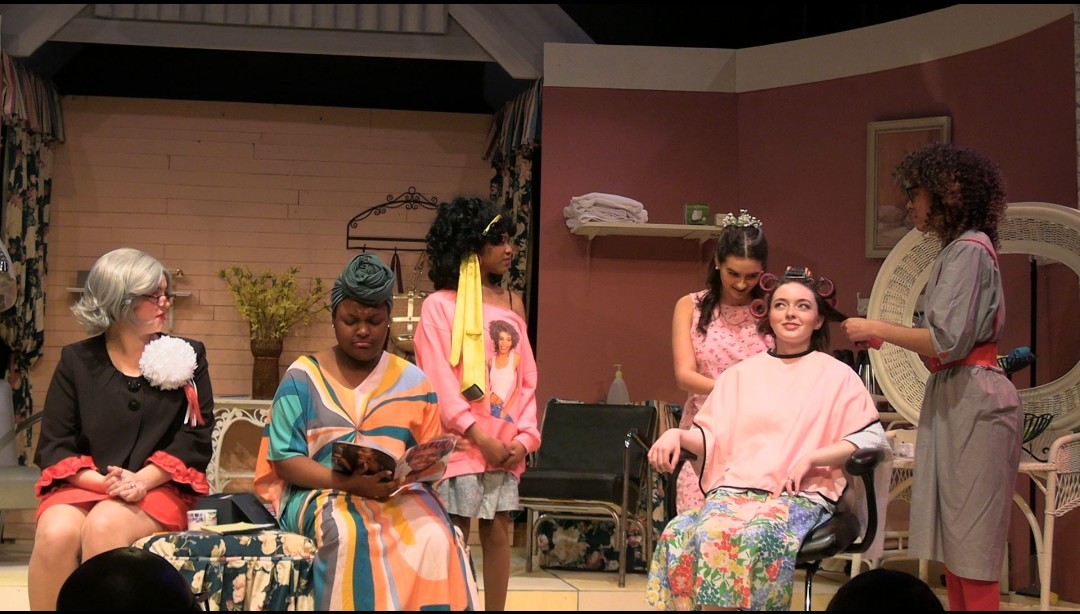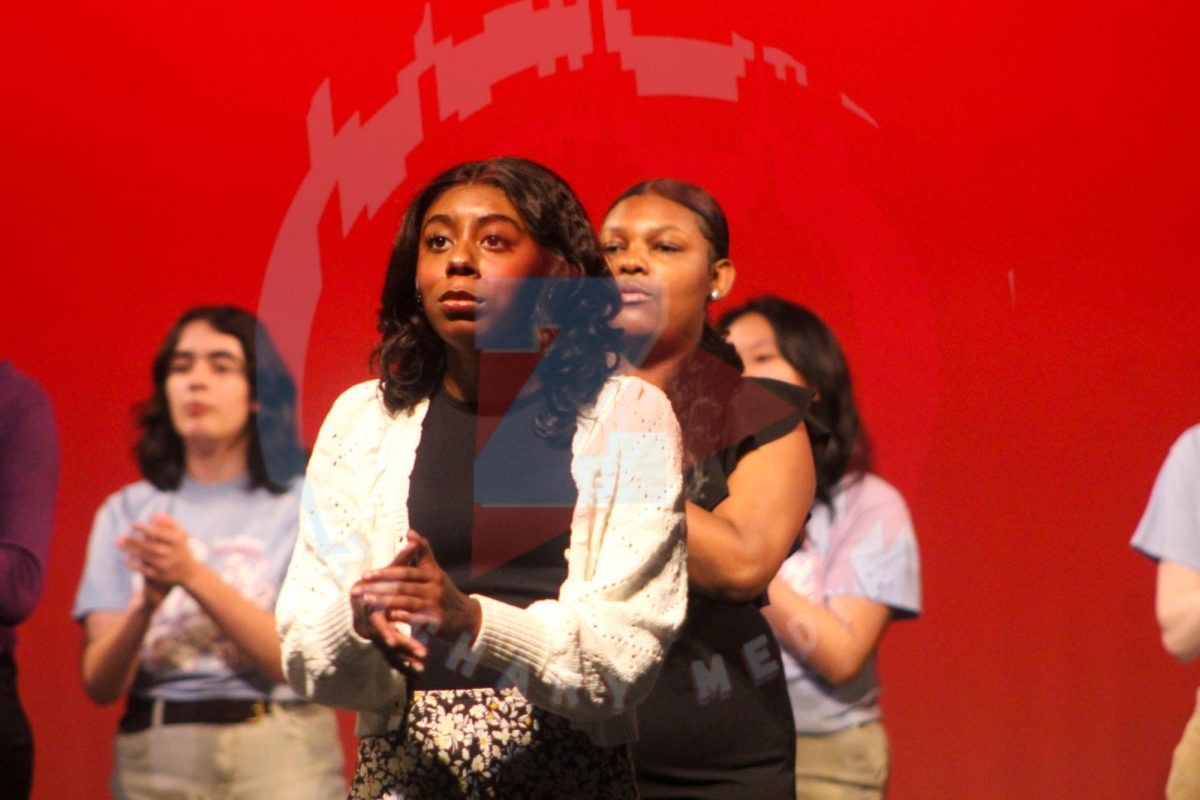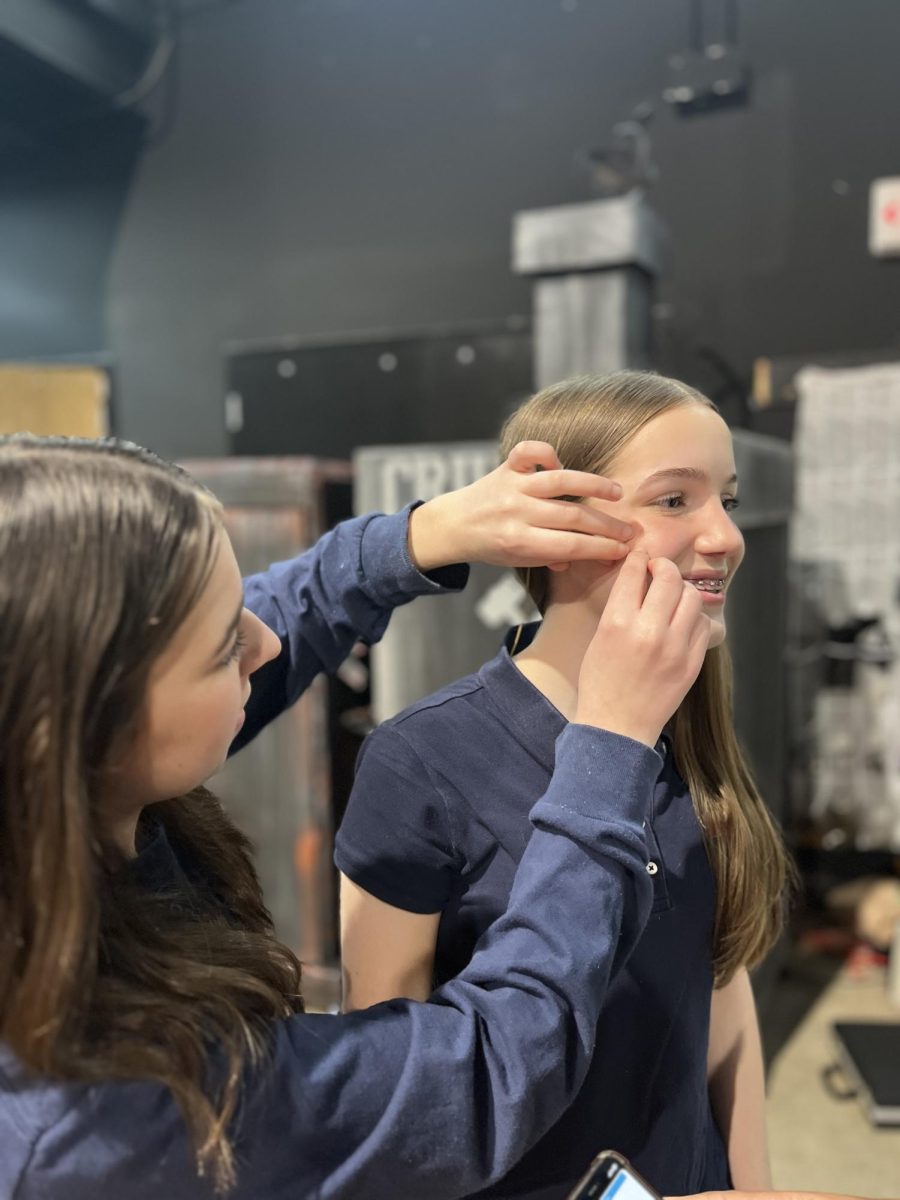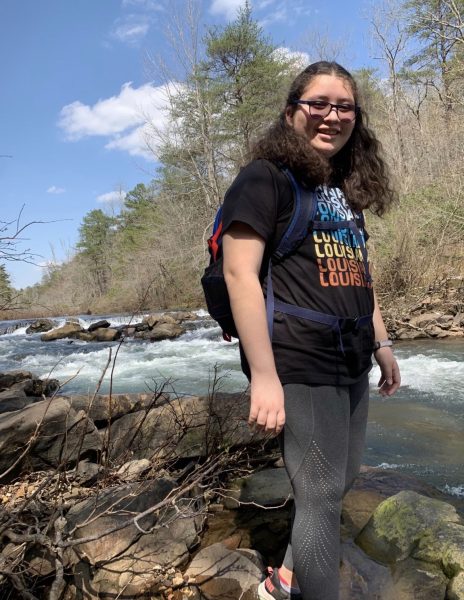Five Zachary High students share a special skill: their ability to speak multiple languages. In the following, they share their story about their heritage and growing up multilingual.
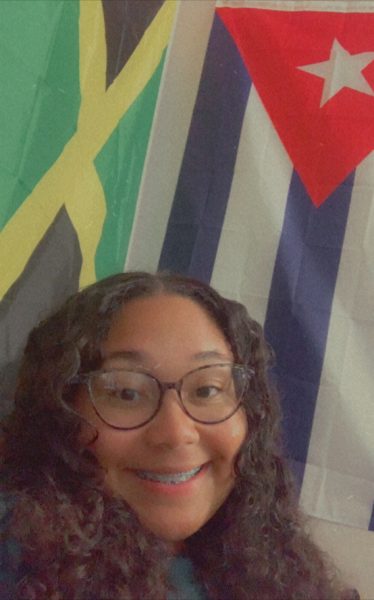 Rowyn Hall (12)
Rowyn Hall (12)
Rowyn Hall (12) is fluent in English, Spanish, and Patwa, a Jamaican Creole language. English is her first language, followed by Spanish and Patwa, which she learned from her father’s family, as they are Jamaican and Cuban.
“The positives of being trilingual is the ability to communicate with people who don’t know what you’re saying, as well as being able to help non-English speakers.”
Rowyn enjoys Carnival festivals and eating traditional Jamaican and Cuban food, such as Mamoncillo and Picadillo a la Habanera.
“I would like mono-lingual people to know that it is easy to learn a new language if you’re passionate about it,” said Rowyn, “it can also be beneficial, especially in the work industry.”
Noa Malek (11)
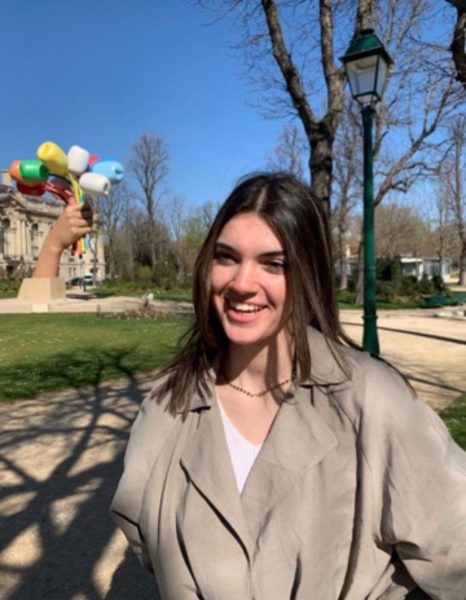
From the Parisian countryside, Noa Malek (11) speaks English, French, and a little Spanish. She is a foreign exchange.
student from France who previously did an exchange program in Canada and the U.K.
“I chose to be a foreign exchange student, because I wanted to be fluent in English and there was a lot of pressure from my school in France, to be competitive, academically.”
Noa has realized living in another country away from her family is quite challenging.
“Being an exchange student is hard because I’m away from my family and friends. On the other hand, though, the people I’ve met, the experiences and culture I’ve discovered are memories I’ll keep forever,” Noa said.
Being bilingual is a lot of work, but it is worthwhile in the end.
“There are a lot of benefits that come with being bilingual; it’s just a matter of how motivated you are to learn a language,” Noa said.
Rafael Filogoniocosta (10)
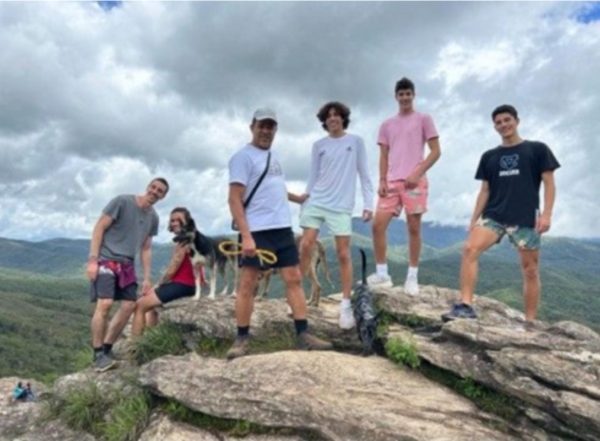
Rafael Filogoniocosta (10) is bilingual in Portuguese and English and halfway fluent in Spanish. His family is from Brazil, and he learned English from programs and schools in the U.S.
Many, unfortunately, mistake him for being Mexican. Knowing multiple languages causes Rafael to make mistakes. “Sometimes I mix words between the languages and speak the wrong language to the wrong person,” said Rafael.
Rafael chuckled at figuring out which language to use and when. “I sometimes don’t know what language I think in,” Rafael said.
“[I] can talk in public without anyone understanding and it’s easier to learn other Latin languages, like Spanish.”
The Brazilian Mardi Gras, Carnaval, is Rafael’s favorite event to celebrate.
Markey Day (11)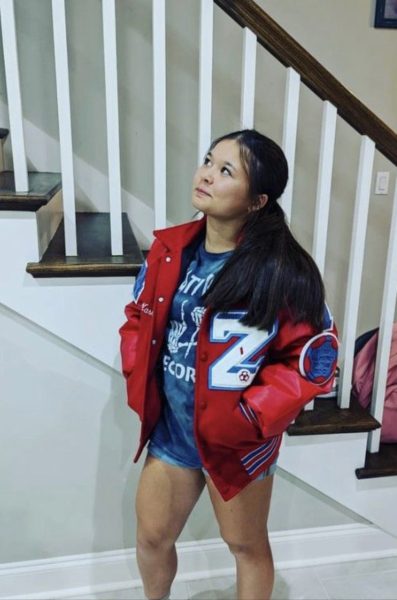
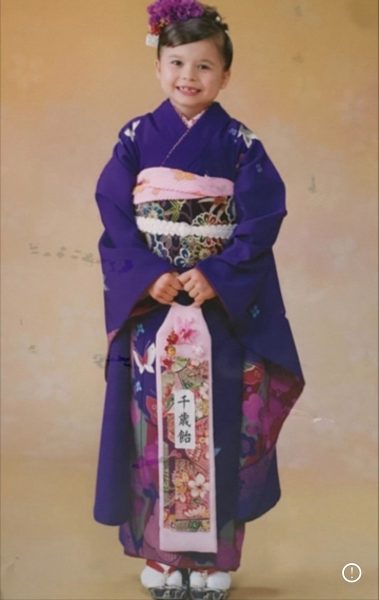
Having Japanese and American heritage, Markey Day (11) speaks Japanese and
English. Her dad is from Denham Springs, Louisiana, and her mom is from Okinawa, Japan. Growing up, Markey’s mother taught her Japanese first; then, her dad taught her English with some assistance from YouTube.
Still today, she struggles with English grammar and difficult words. Sometimes, people ask Markey about her origin, and neighbors ask her family about their move to Louisiana. But, positively, Markey is looking forward to job opportunities in the future.
“At our house, we take our shoes off 100%, and sometimes in the summer we have a time when ancestors visit and family get together and eat traditional food together, called obon.”
As a bilingual person, “Sometimes it is hard to translate words exactly how people want us to,” Markey said.
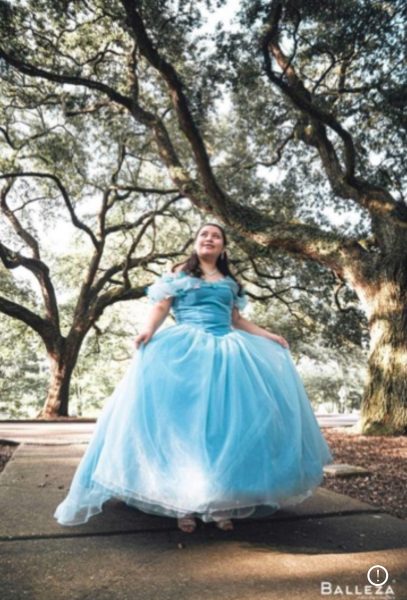
Gabriela Ramirez (11)
Growing up in a Spanish-speaking household, Gabriela Ramirez (11) is fluent in Spanish and English. Her first language is Spanish, as her family is from Honduras; she learned English in 1st grade from her mother.
In Gabriela’s everyday life, people would notice her accent and ask where she’s from. “Many would make fun of me for my Hispanic heritage,” Gabriela said.
Nevertheless, being bilingual has its perks.
“A positive to being bilingual is being able to translate for my family and I could also get job opportunities,” said Gabriela, “we are very family-oriented, and always respect our elders.
We always find an excuse to throw a party, especially Quinceaneras,” said Gabriela, “we also celebrate Semana Santa, known as “Holy Week,” in English.”

